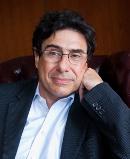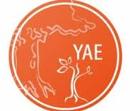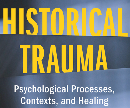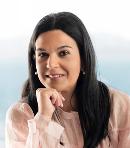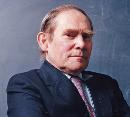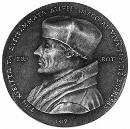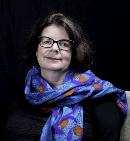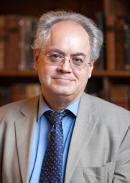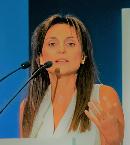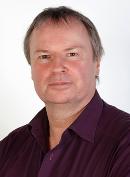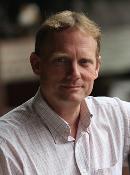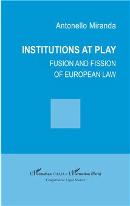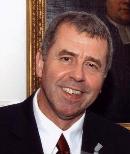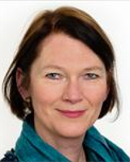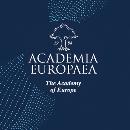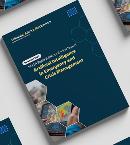MEMBER NEWS#
Member News archive#
The 2026 Barcelona Hypatia European Science Prize awarded to Philippe Aghion MAE.
Invitation to members of Academia Europaea to nominate candidates for the André Mischke YAE Prize for Science and Policy 2026.
Deadline: 28 February 2026.
Historical Trauma: Psychological Processes, Contexts, and Healing. A new publication by Andreas Maercker MAE, member of the Social Change and Social Thought Section of Academia Europaea.
Professor Sophia Xenophontos MAE, Member of the Classics and Oriental Studies Section of Academia Europaea since 2024, was awarded the Study UK Alumni Award 2026.
Call for Nominations for the 2026 Academia Europaea Sydney Brenner Medal.
The call is open to all members of Academia Europaea.
Deadline: 31st of March 2026 (midnight GMT+1).
Call for nominations for the 2026 Erasmus Medal of Academia Europaea which will be awarded to a scholar working in a field belonging to Class A2 Social and Related Sciences.
Deadline: March 31st, 2026.
Judith Pollmann, Leiden University, has been awarded the 2025 Spinoza Prize, the highest scientific honour in the Netherlands.
Professor David Abulafia, member of the History & Archaeology Section since 2002, passed away January 24, 2026.
Read the obituary by Prof. Amélia Polónia, the Chair of the History & Archaeology Section.
Professor Phoebe Koundouri, member of Economics, Business and Management Sciences section, receives the Award of Excellence of the Republic of Cyprus.
Professor Peer Bork, member of the Biochemistry and Molecular Biology Section since 2018, passed away January 16, 2026.
Read the commemorative words by the Chair of the Section, Professor Ray Dixon.
Professor Thede Kahl MAE, member of the History and Archaeology Section, awarded an honorary doctorate by the University of Bucharest.
INSTITUTIONS AT PLAY - Fusion and Fission of European Law.
A new publication by Antonello Miranda, member of the Law Section of Academia Europaea.
Professor Peter Edwards Elected Distinguished Professor of the Chinese Academy of Sciences.
Read an interview with Lise Øvreås, the new Academic Director of Academia Europaea Bergen Knowledge Hub.
Download the new 2025 Directory of Academia Europaea.
Read the new SAPEA Rapid Evidence Review Report “Artificial Intelligence in Emergency and Crisis Management”.
A new research centre focussed on 'Classics Education Research and EngagementS' (CERES) was founded by Professor Arlene Holmes-Henderson at the Durham University.
European Review, the journal of Academia Europaea, is now a fully open access journal and content published from January 2025 is freely available to read online.

